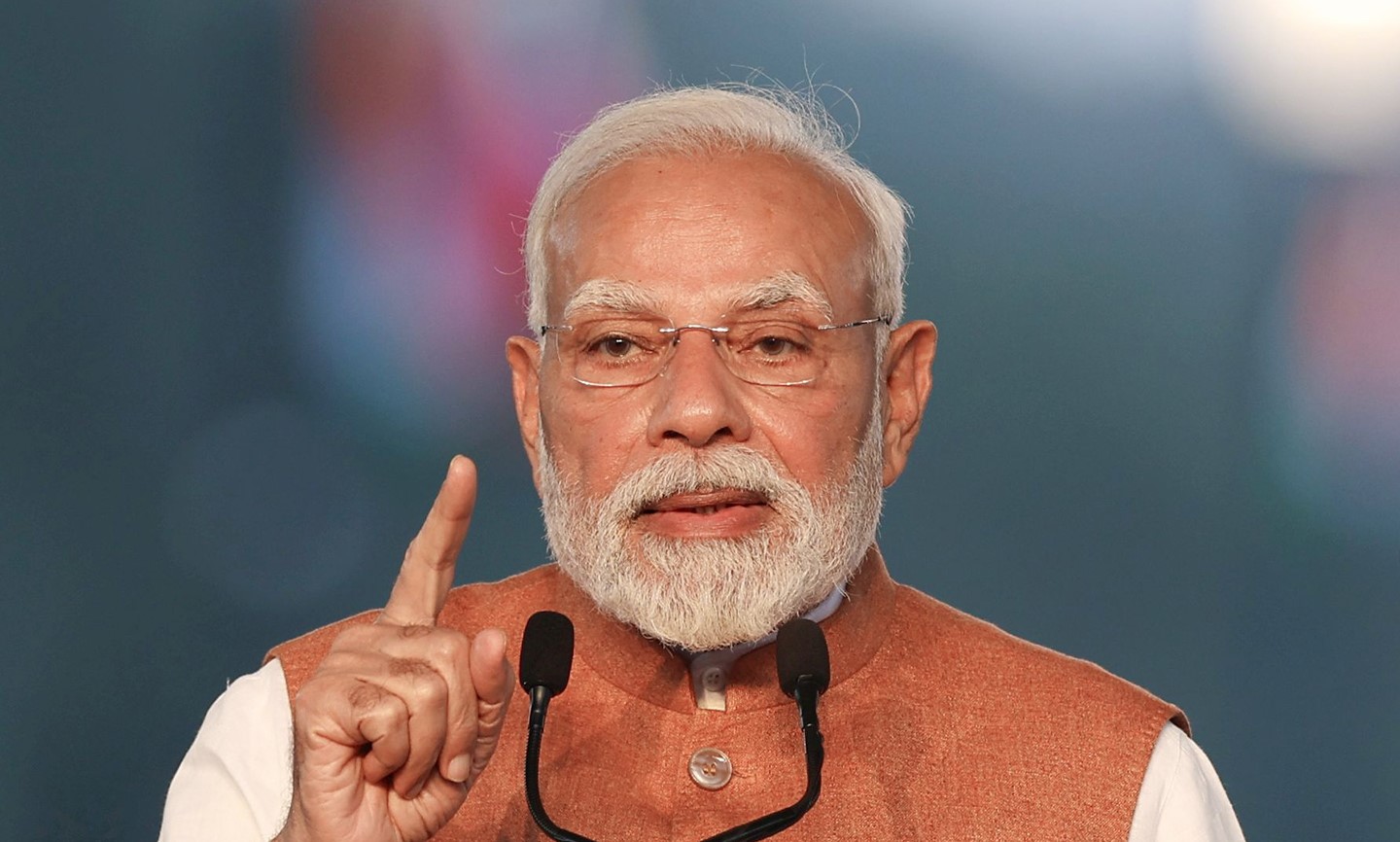Prime Minister Narendra Modi on Thursday said that Dr M S Swaminathan had introduced the idea of ‘bio-happiness’ and promoted the development of climate-resilient crop varieties, underscoring the need to tackle the growing impact of climate change on agriculture.
Speaking at the M S Swaminathan Centenary International Conference in New Delhi, PM Modi said: “Today, there is global discourse around biodiversity, and governments across the world are taking steps to preserve it. But Dr Swaminathan went a step further and introduced the idea of bio-happiness. Today, we are here celebrating that very idea.”
The Prime Minister said there was an urgent need to expand research on drought-tolerant, heat-resistant, and flood-adaptive crops. “You are well aware of the challenges posed by climate change… We must focus on identifying crops best suited to specific soil types and encourage more research in crop rotation,” he said.
Referring to the Bharat Ratna recipient as a “gem of Mother India,” the PM said Dr Swaminathan proved that “science is not just about discovery but also delivery”.
“He taught us that agriculture is not just about crops. It’s about people’s lives. The dignity of every individual connected to farming, the prosperity of rural communities, and the protection of nature form the foundation of our government’s agricultural policy,” PM Modi said.
The Prime Minister also called for intensifying the use of solar-powered micro-irrigation systems and suggested integrating satellite data, AI, and machine learning to create real-time crop monitoring and pest forecasting systems. “Such systems should be made available at the district level,” he said.
At the event, Prime Minister Narendra Modi released a commemorative postage stamp and coin to mark the birth centenary of Dr. M.S. Swaminathan. He also presented the inaugural TWAS M.S. Swaminathan Award for Food and Peace to Professor Adenle of Nigeria.
Dr Swaminathan, who passed away in 2023, is widely regarded as the architect of India’s Green Revolution and played a key role in transforming the country from a food-deficient to a food-surplus nation.














